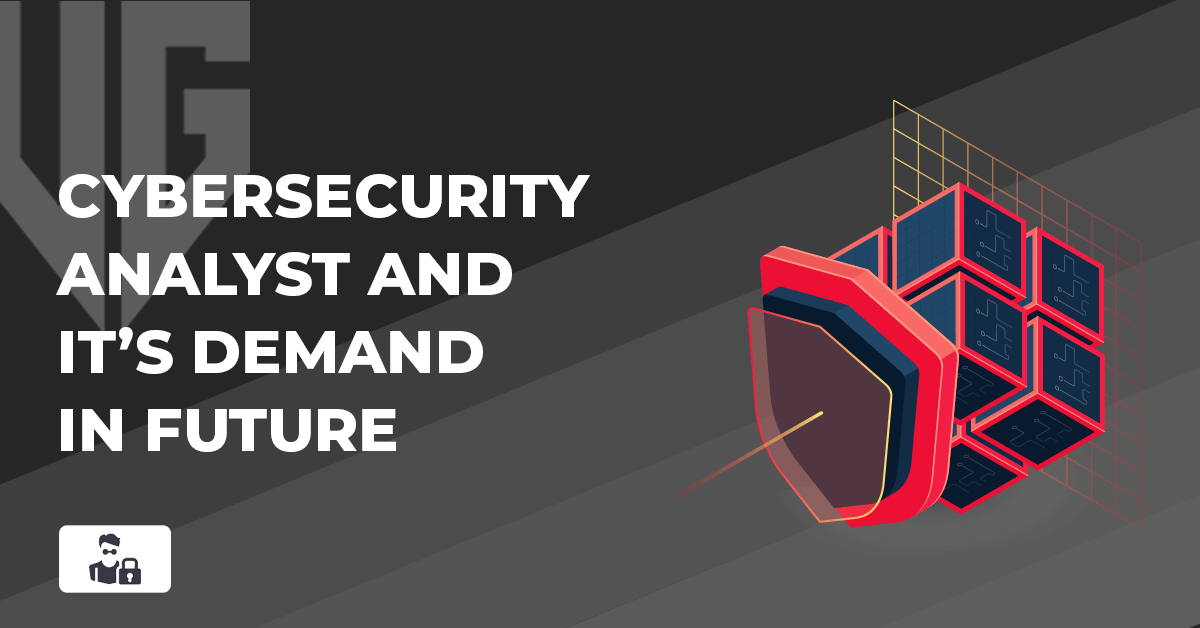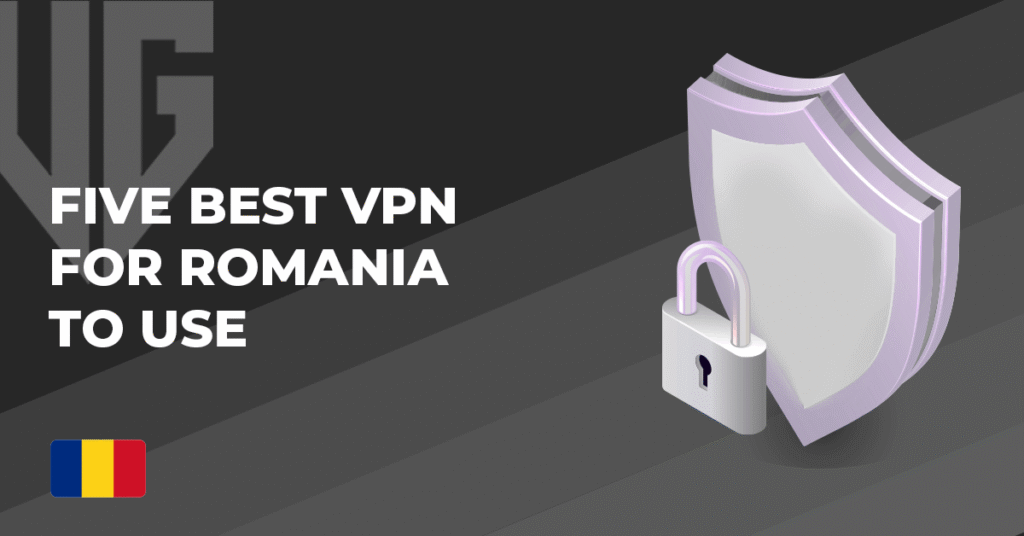 Why trust VPN Guider
Why trust VPN Guider
Who are Cybersecurity Analysts?
Today, the work of a cybersecurity analyst is beyond protecting the company’s systems. Cybersecurity analysts are trained information security professionals who specialise in protecting the organisation’s computer networks, sensitive data, and overall digital infrastructure of an organisation. In fact, they understand the I.T. infrastructure thoroughly, monitor online activities, and evaluate threats from potential hackers or malicious attacks that could breach the network.
A cybersecurity analyst ensures company hardware, software, and networks are protected from hackers or other external threats. They are responsible for configuring tools that come through virus software, password protectors, and vulnerabilities in the software. The analyst also details the current ongoing affairs in the networks and evaluates their strengths through reports. They should learn to read and create technical reports.
Moreover, no network is secure, but the objective is to make it as safe as possible. Cybersecurity analysts must identify loopholes in the networks and cover them before any external threats occur.
Skills Required for the Cybersecurity Analyst [year]

Cybersecurity analysts must have enhanced and efficient knowledge of all network systems, including elements. Before these, they should know how these elements influence an organisation’sorganisation’s security. It is beneficial for cybersecurity analysts to have expertise in programming languages like JavaScript, Shell, Python, C++, and more.
Thus, it gives them an overview of applied codes, allowing them to identify potential encoded threats and rescript the software where needed. Cybersecurity analysts need to think like a hacker to prevent cyberattacks. So, they must acquire ethical hacking skills to find vulnerabilities in the security networks of the organisation.
Designing a secure application and software requires a practical knowledge of architecture creation by cybersecurity analysts. In addition, they must test the interface thoroughly to have a solid understanding of all platforms and operating system architectures. It includes Windows, iOS, Linux, and Android, to rewrite code, patch errors, and conduct malware analysis.
Cybersecurity analysts must understand software/hardware firewall structures to maintain firewalls and protect security networks. Moreover, cybersecurity analysts have to develop robust information assurance strategies. Thus, the organisation’sorganisation’s vital information is safe and protected in electronic format.
Another primary skill required in the analyst’sanalyst’s portfolio is efficient decision-making. Security analysts must have critical and design thinking skills to manage complex problems and troubleshoot software errors. They must know what to do when navigating challenging situations.
[postFaq]
Demand in the Future for Cybersecurity Analysts

Scrolling through the latest news headlines, you’ll always find a story about companies dealing with data breaches. According to Statistica, more than 1,500 data breaches occurred in 2017, affecting various businesses, the government, and the education, banking, and healthcare industries.
As data breaches increase yearly, demand for a cybersecurity analyst is at an all-time high. The Bureau of Labor Statistics projects cybersecurity jobs will increase by 28 per cent by 2026, creating thousands of jobs for skilled analysts, managers, and administrators.
It should be easy to find a job in cybersecurity. Over one million cybersecurity jobs are in the U.S., and 302,000 remain unfilled. Globally, that number is higher and is expected to increase significantly by 2021.
The demand for cybersecurity professionals is high, while the supply is surprisingly low. In a recent study conducted by Enterprise Strategy Group and the Information Systems Security Association, researchers surveyed 343 organisations. They discovered that 70 per cent feel the cybersecurity skills shortage impacts their organisation.
[postVpn]
Cybersecurity Analysts and Metaverse
The success of the metaverse depends upon platform owners raising trust in the platform and its users — the owners/renters. One of the key pillars of trust building is cybersecurity. Customers are more aware of cybersecurity due to the data breaches and cyberattacks they’ve seen in the real world. It is critical for the reputations of the platform owners to demonstrate they can protect customers’ sensitive information.
Metaverse has increased the demand for cybersecurity. Every company in the metaverse also continues to have a presence in the physical world for a long time — maybe forever. This means organisations have dual existence — inside the metaverse and outside of it. Any security breach, identity theft, or denial of service in the metaverse world can spill over to the real world, tarnishing reputations and diminishing business. Conversely, a positive metaverse experience could enhance the real-world business of the organisation.


